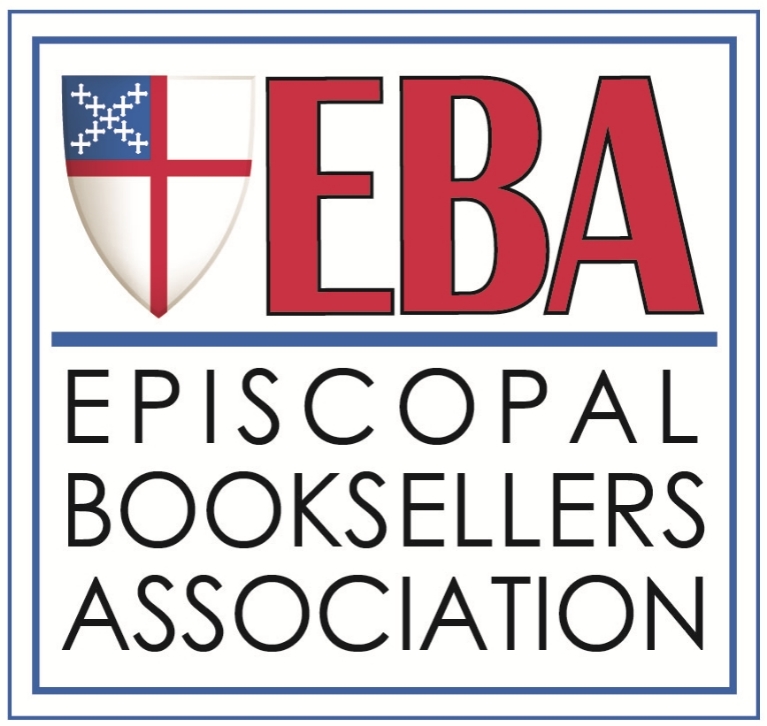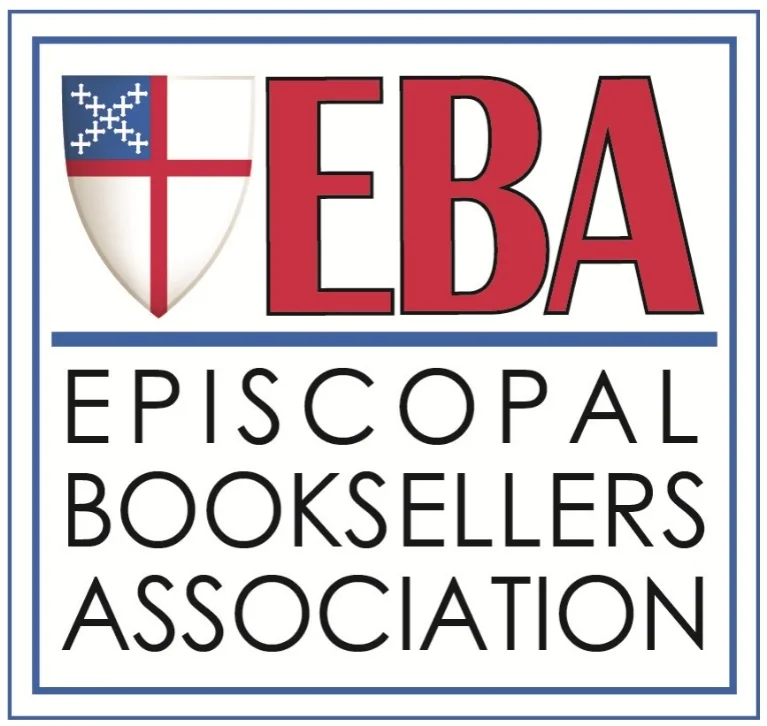Gilead
Written by Marilynne Robinson
Reviewed by EW
Even before I had finished Gilead, I was recommending it to people. At the moment I closed the book, I was sad I was through. And now, as I go to write a review of it, I feel I must first pause and ask for some sort of blessing, or dispensation, before entering in. Maybe that’s because of the wonder of it. You see, in the first few pages I thought the book might be too quaint, too avuncular in tone, for my taste. What a surprise to be so overtaken by the very kindness and power of it. Perhaps, then, the best I can do is simply to tell a bit of the plot outline, and along the way lift up a few of its many beautiful lines and rich, earthy images.
Reverend John Ames is 76 years old and dying of heart problems. He writes his 7-year- old son a letter, “an experiment in candor,” meant to be read when his son has come of age. For the most part, the letter is more like a series of journal entries, sharing present fears and concerns and joys, while telling the story of his life and those of his forebears. He is worried over what will become of his son and young wife when he dies. No money has been set aside. There really never was much to begin with. How will they manage? Who will be there to guide and protect?
Born in 1880 in Kansas, he has lived all but two years of his life in Gilead, Iowa. He has been a minister all his adult life. His father was also a preacher there, and so was his father’s father. All were named John Ames. His grandfather, after having a vision of Jesus in chains, left Maine and went to Kansas to aid John Brown and the free-soilers there. (He carried a gun into church with him on Sunday.) His father, on the other hand, was an ardent pacifist who opposed World War I. Right at the core, then, is a serious theological question being lived out, lived out quite consciously because they are preachers.
Indeed, the life of a preacher is an important thread in this book. “One great benefit of the religious vocation,” he writes at the outset, “is that it asks you to concentrate.” It can also lead you to write; at least, it did so for him. He wrote out all his sermons. After fifty years, he notes with some chagrin, these sermons, now boxed and in the attic, probably fill as many pages as Augustine’s Confessions. He’s not sure they really add up to much, or if they will last. But for him, writing has “always felt like praying.”... “Sifting my thoughts and choosing my words—trying to say what is true. I’ll tell you frankly, that was wonderful.”
Putting his thoughts down in writing always ends up, it seems, intersecting with the largest theological questions. But the questions aren’t dry and academic. They are lived and very real. In a paraphrase of Coleridge, Ames underscores that “Christianity is a life not a doctrine.” He tells of a little trick he plays on himself when writing, just to keep himself honest. He imagines his first child, who died at birth alongside his first-wife, coming into church and taking a seat during one of his sermons. Imagining this child who knows the truth, who has seen God face-to-face, helps him to know “the full measure of (his) incomprehension,” and keeps him “from taking doctrines and controversies too much to heart.” Preaching also often puts him in the position of conferring blessing. “There is a reality in blessing. It doesn’t enhance sacredness, but it acknowledges it, and there is a power in that. I have felt it pass through me...the sensation of really knowing a creature, I mean really feeling its mysterious life and your mysterious life at the same time.”
But these experiences aren’t only for priests and ministers. We can all concentrate, pay attention, write, and confer blessing. He tells of how he baptized cats at a very young age. He describes the pure beauty of water, its sacredness before its usefulness. He loves looking at his son, watching him and his wife blow bubbles at Soapy, their cat, and watching the bubbles themselves. He recalls a late afternoon game of catch played long ago with his older brother. He loves the sound of laughter, the word susurrus, and the look of candle flame in the light of morning. “It seems to me to be a metaphor for the human soul, the singular light within the great general light of existence. Or it seems like poetry within language. Perhaps wisdom within experience.”... “This is an interesting planet,” he writes his son. “It deserves all the attention you can give it.”
Other reviewers have said this book is about grace, and they are right. It leaves you with the certain knowledge that every life is worth living and every life is sacred, including your own. “There are many ways to live a good life,” says John Ames in the opening pages. “A thousand thousand reasons to live this life,” he echoes at the close, “and every one of them sufficient.” Because of the story he tells, and the way that he tells it, you know that this is true.




